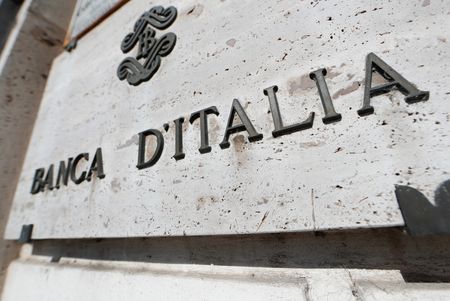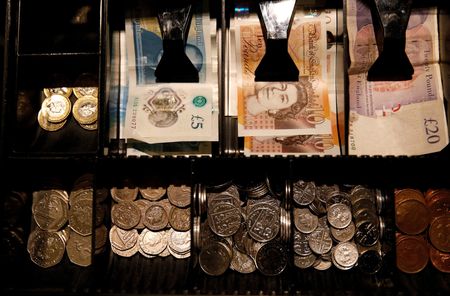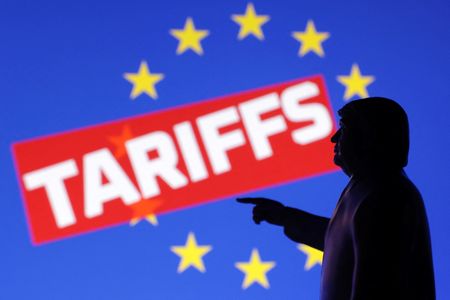BERLIN (Reuters) – German wholesale prices rose by 16.6% on the year in November, official data showed on Monday, recording their biggest annual rise since data collection for the measure began in 1962 and suggesting higher consumer prices may follow.
The price measure is widely considered an indicator of future inflationary tendencies as wholesale trade is the hinge between manufacturers and end-customers.
“The high rates of change for wholesale prices in annual comparison derive from increased prices for raw materials and intermediate products,” the Federal Statistics Office said in a statement.
The largest impact on the annual measure came from increased prices for mineral oil products, which rose 62.4% on the year.
Supply chain bottlenecks have put upwards pressure on the cost of intermediate products.
More than half of German companies doing business abroad are suffering severe problems in their supply chains or logistics, pushing them to diversify suppliers, shorten delivery routes and even relocate their own production, a survey showed last month.
German consumer prices, harmonised to make them comparable with inflation data from other European Union countries, rose 6.0% year-on-year in November, increasing pressure on the European Central Bank to react.
Germany’s new chancellor, Olaf Scholz, said last month – just before taking office – that very high inflation rates had to be watched closely.
On the month, wholesale prices rose 1.3% in November.
(Writing by Paul Carrel, Editing by Angus MacSwan)











